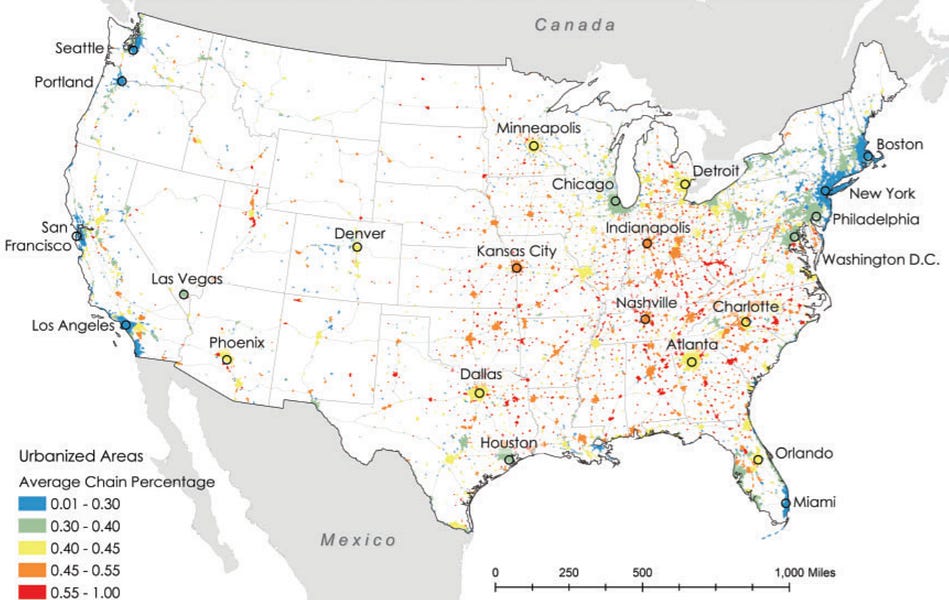After eight years of Tory I'm just sick of the neglect and abandonment of our public places. Why haven't we enforced bylaws against construction noise, camping in parks and ravines, against public obstruction, litter, dumping and graffiti? I don't think I have seen a bylaw officer walk through Allan Gardens park, for example, since before 2020, no matter the place is covered in tents, litter, etc.
Fouling and obstruction (
743-9)
Camping in parks (
608-13)
Littering (
548-2)
Failure to remove graffiti (
485-7)
Leashing and walking dogs (
349-12)
Construction noise (bylaw
591-2)
Never once can I recall Tory demanding that TPS enforce the
Safe Streets Act. I know, it's provincial and TPS don't take orders from the mayor, but they'd both still listen and consider Tory's request. Here's Tory in 2003:
Candidate promises 1,000 new units of supportive housing if elected mayor

www.theglobeandmail.com
"The biggest problem is not the lack of a law to scoop these people up off the street, it is the lack of effective action and especially the lack of appropriate facilities to help the homeless break the cycle they are in," he said. As mayor, Mr. Tory promised to get tough on panhandling, urging heavy fines to combat a problem he says has "gotten out of hand." He proposes to ban panhandling in the tourist-oriented downtown area bounded by Bloor-Davenport, Parliament, Bathurst and Lake Ontario.
Okay, Tory, that was eleven years ago. What have you done to deal with these issues?
If you're a conservative mayor, you're supposed to be tough on bylaw and law enforcement. If you're a progressive mayor, you're supposed to be a champion of social housing. But Tory is neither, but some sort of wishy middle mayor that defends and believes in nothing.






